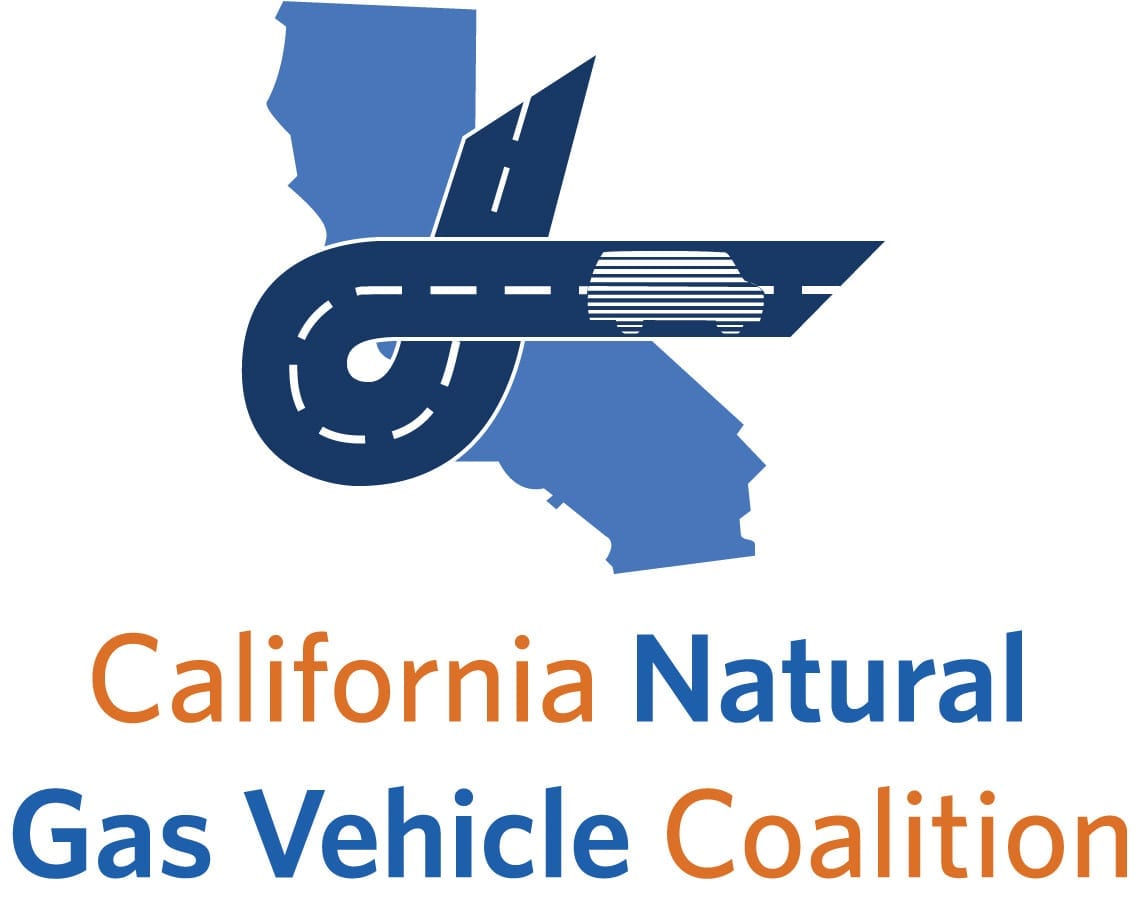California’s just-closed legislative session was a win for natural gas vehicles (NGVs) and green fleets, resulting in the removal of a significant cost barrier to adopting ultralow-emission heavy-duty trucks and a wide-open opportunity to expand access to renewable natural gas (RNG). It also highlighted the value of two legislative strategies: cross-industry collaboration and clean transportation businesses telling their stories directly to legislators.
California’s just-closed legislative session was a win for NGVs and green fleets, resulting in the removal of a significant cost barrier to adopting ultralow-emission heavy-duty trucks and a wide-open opportunity to expand access to RNG.
AB 2061 Creates Weight Parity
On Sept. 20, California Gov. Jerry Brown signed a bill that lets ultraclean heavy-duty trucks exceed California’s weight limits by as much as 2,000 pounds, accommodating the extra weight of natural gas and other clean truck fuel systems.
AB 2061, authored by Assemblymember Jim Frazier (D-Discovery Bay), allows near-zero-emission and zero-emission vehicles to weigh up to 82,000 pounds, effective Jan. 1. This erases an economic advantage for diesel trucks: to comply with the state’s current weight limits, clean truck operators have had to cut their carrying capacity, which effectively punishes fleets for emitting fewer pollutants. Frazier believes the new limit will make alternative fuel trucks more competitive with diesel- and gasoline-powered trucks.
Sixty companies and organizations urged Brown to sign AB 2061, illustrating the importance of collaborative effort and business participation in the legislative process.
The new law certainly makes it easier for fleets to adopt all types of alternative fuel technologies. It recognizes the importance of near-zero heavy-duty NGVs to California’s long-term transportation strategy by eliminating a disincentive to switch from diesel to natural gas. And it will reduce emissions by allowing NGVs to carry the same weight of goods in fewer truck trips.
The legislation mirrors the federal Fixing America’s Surface Transportation (FAST) Act of 2015, which modified truck size and weight provisions to compensate for the heavier fuel and tank systems of NGVs. The FAST Act applies only to federal interstate highways; it allows each state to decide whether to increase its limits.
SB 1440 Could Expand RNG Availability
The governor also signed SB 1440, on Sept. 24. Authored by Sen. Ben Hueso (D-San Diego) and pushed to the finish line with persistent advocacy from the Coalition for Renewable Natural Gas, it requires the California Public Utilities Commission to establish a state program for renewable natural gas procurement by July 1, 2019. The goal is for gas corporations to collectively procure 32 billion cubic feet of biomethane across California annually.
SB 1440 requires the California Public Utilities Commission to establish a state program for renewable natural gas procurement by July 1, 2019.
The new law leaves program details to be determined, so its effects are not yet clear, but I’m looking forward to working with NGV, RNG, and other clean fuels advocates to make sure the CPUC development process increases access to this carbon-negative fuel.
Collaboration, Speaking Out Are Crucial
It’s great to see the Legislature pass laws that support the alternative fuels sector and advance clean transportation, but that doesn’t happen automatically. The success of these bills illustrates the importance of collaborative effort and business participation in the legislative process.
The California NGV Coalition sponsored AB 2061 along with CALSTART and the San Diego County Disposal Association, and the clean trucking industry rallied around the bill. Sixty companies and organizations urged Brown to sign it, including clean truck and engine makers, fuel providers, fleet operators, environmental organizations, and other industry groups, such as the Bioenergy Association of California and CalETC. This level of support no doubt contributed to AB 2061 passing the Legislature with overwhelming bipartisan accord—76-0 in the Assembly and 37-1 in the Senate.
California Legislators Need to Hear From the Clean Transportation Industry
Businesses communicating directly with their representatives also played a role. When you’re creating jobs, paying taxes, and building California’s clean transportation and energy future, legislators want and need to hear from you. Making the case for supportive policies through individual conversations and in writing helps advocates like the California NGV Coalition break through the noise.
When businesses are creating jobs, paying taxes, and building California’s clean transportation and energy future, legislators want and need to hear from them.
It also gives legislators a better picture of economic issues. One thing the petroleum industry has done very well is to convince people that clean transportation laws and regulations will cost jobs. That’s not the case overall: we need to show that our businesses are creating the jobs of the future. RNG alone, for example, could create as many as 130,000 good-paying jobs in California (in production, truck and fueling infrastructure, and related fields) and add $14 billion to the state’s economy by 2030, according to an analysis by the transportation consulting firm ICF.
This creates a template for moving forward. The California NGV Coalition is uniquely dedicated to advancing the NGV industry’s interests, but we will continue to have success by working with partners that have complementary goals. There’s plenty of work to be done: alternative fuel vehicles make up only 1 to 2 percent of heavy-duty trucks on California roads. To change that, clean transportation businesses and organizations need to flex our collective strength.


